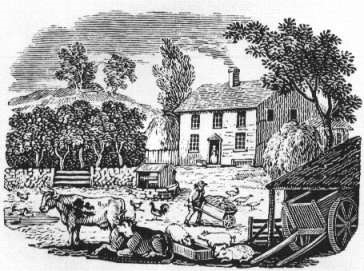


By WILLIAM M. GARDNER
New Hampshire Secretary of State
The State of New Hampshire, one of the 13 original colonies, became the
ninth state to ratify the proposed federal constitution when, on June 21,
1788, a convention of town delegates meeting in Concord voted 57-47 to approve
the document unconditionally.
Since Article VII of the proposal declared that a national government would
be established once nine (of the existing 13) states approved, New Hampshire
was, indeed the "deciding" state.
New Hampshire citizens have long taken pride in their contribution to the
founding of the national government.
Ratification did not come easily. Initially, a majority of state voters
and convention delegates were against approval of the constitution. These
"anti-federalists," however, were politically out-maneuvered by
the pro-ratification, or Federalist forces. The Federalists were also helped
by pro-ratification developments elsewhere in the emerging nation.
When state delegates met a second and final time to vote on ratification,
after a four month hiatus wherein Federalist forces bombarded the press
with pro-ratification arguments, the balance of power gradually shifted.
When word arrived shortly before reconvening that South Carolina had become
the eighth state to ratify, Federalists emphasized the opportunity at hand
for New Hampshire to cast the deciding vote. There could be no delay, for
the Virginia convention was already in session and might make its decision
any time. On June 21, after brief debate, the New Hampshire convention voted
approval.
From an article by William M. Gardner, N. H. Secretary of State, taken from
a chapter in "New Hampshire, The State That Made Us A Nation,"
published The State of New Hampshire, 1989.
![]() A little more N.H.
History
A little more N.H.
History